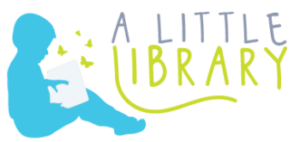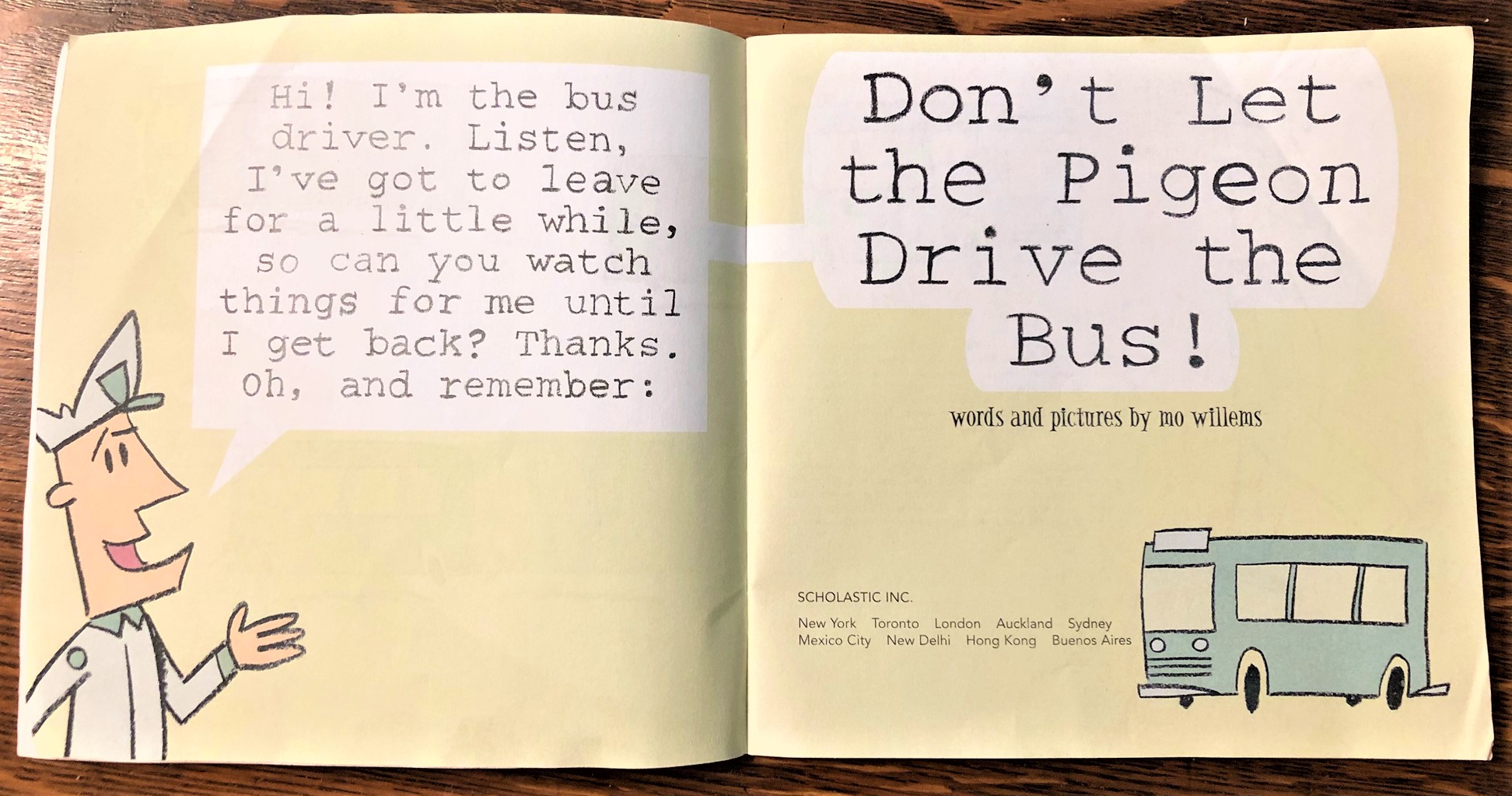In this post I want to talk about modeling behavior through play, specifically putting the child in the role of the decision-maker. Role-playing during playtime gives the child autonomy to make decisions for themselves. (I talk more about modeling behavior and how it relates to children’s books here.)
Something my three-year-old and I have been doing during playtime is putting her in the role of the parent. I’ll be the child and she’ll be the mom. We pretend it’s dinnertime or bedtime. I’ll ask questions like, “Mom, can I have some ice cream?” and she’ll respond, “Only after you eat your main food!”
“Mom! Can we read a book before bed?” “Ok, but only three books,” she’ll say gleefully.
She’s loves pretending to be the parent and making choices and helping to guide me as ‘the child.’
While being large and in charge is great role-playing fun for her, it’s also a great way for her to recognize good behaviors. She knows that ice cream only comes after dinner, and that we read no more than three books at bedtime.
If you are always told what to do, it’s hard to make decisions on your own. Like the young adult who gets into credit card debt because they were never taught money management, or the kid whose mom always did their laundry and then they have no clue what to do when they go off to college.
As a three-year-old obviously I don’t expect my child to make all the correct choices, but I love that by role-playing she is getting a taste of the day-to-day decisions humans have to make. I hope that this type of pretend play will give her a good foundation to become the best person she can be. And, if not, then at least we’ll have had fun playing together!
The following books we’re enjoying reading right now. They all have a theme of putting the reader into the position of responsibility.
Just Go to Bed
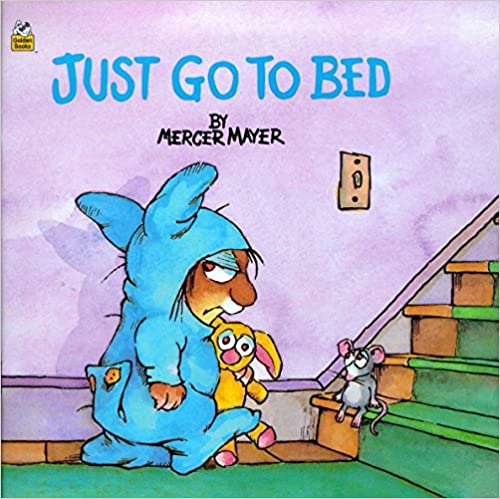
One book we have been reading recently is Just go to Bed by Mercer Mayer. Just go to Bed is a great story that merges the child and parent’s perspective about going to bedtime.
Little Critter is having so much fun playing – he doesn’t want to get ready for bed. His Dad plays along: “Feeding time is over. Here are the zookeeper’s pajamas” as Little Critter reluctantly takes a bath, slowly puts on his PJs, and goofs around completing all his bedtime rituals.
The Dad has the patience of a saint while Little Critter drags his feet until finally, Dad has had enough and barks “Just go to bed!”
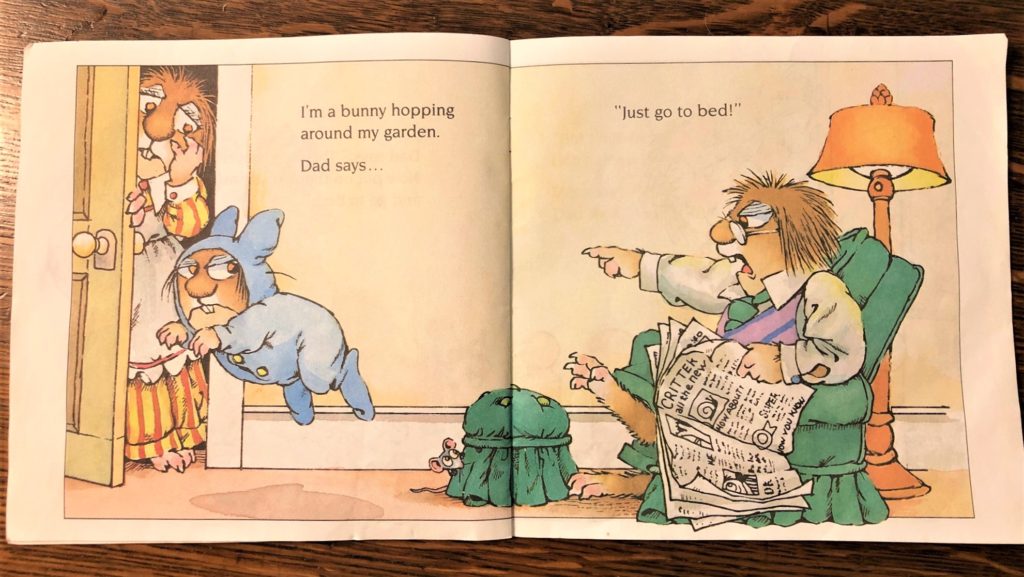
Ava loves this book and loves yelling along with the Dad Critter when we get to the “Just go to bed!” part. She sympathizes with the Dad in this book and recognizes that Little Critter dragging his feet going to bed is causing the dad to get frustrated. She also recognizes Little Critter is not happy about getting ready for bed. “Look at that grumpy guy!” She says, happily. (Mercer Mayer does draw the absolute best grumpy animal faces I’ve seen.)
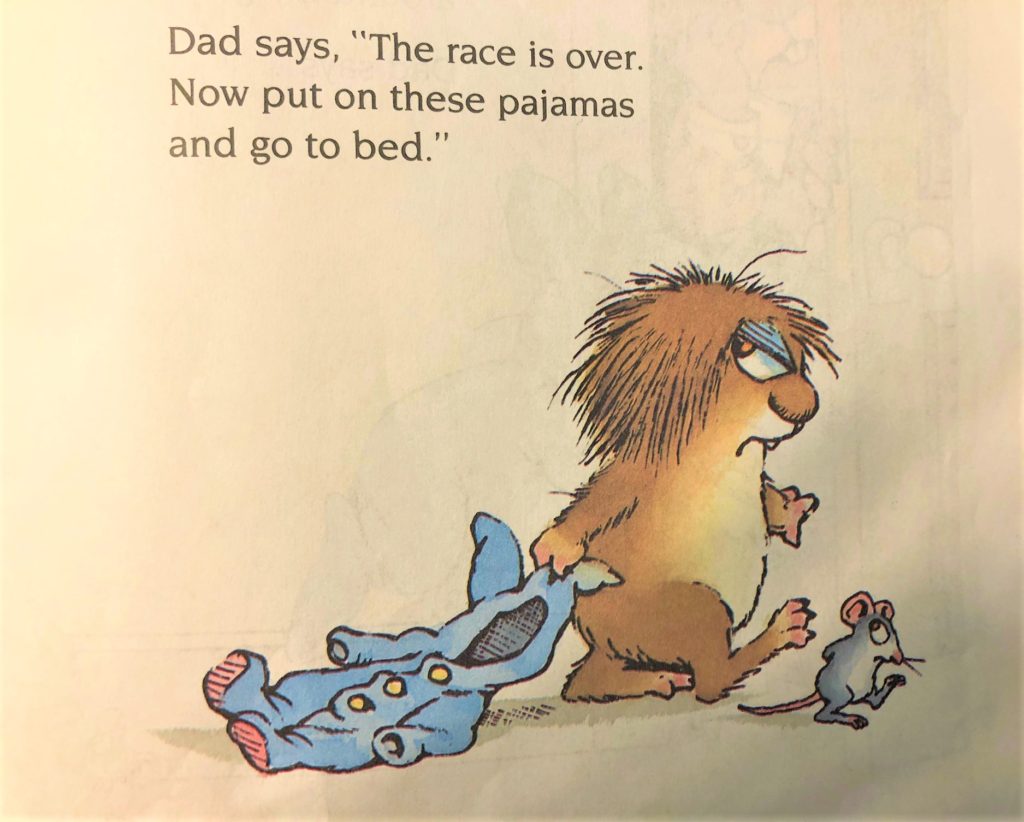
Don’t Let the Pigeon Drive the Bus
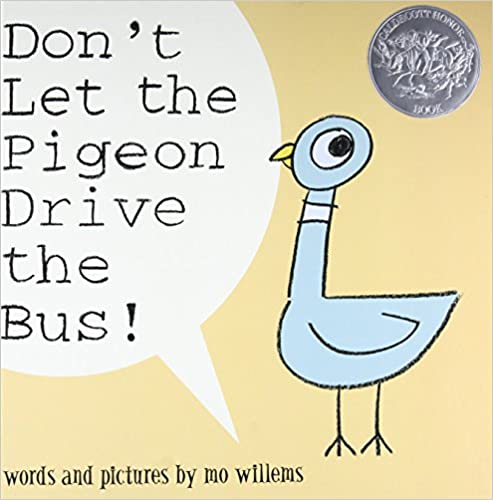
Don’t Let the Pigeon Drive the Bus! is a Caldecott honor book written and illustrated by Mo Willems. The bus driver has to step away for a moment and tells us the reader to absolutely, positively NOT let the pigeon drive the bus. Along comes the pigeon and immediately asks to drive the bus.
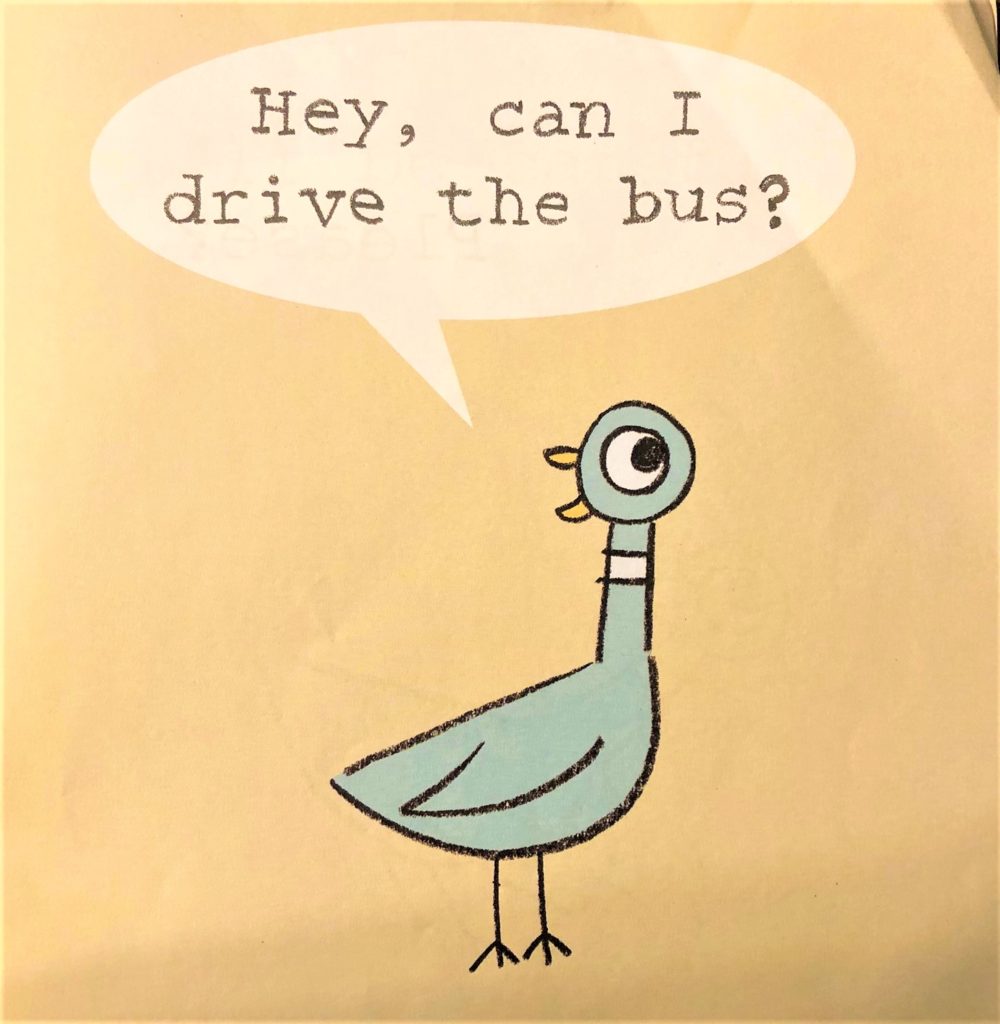
The rest of the book has the pigeon pleading and cajoling and using every excuse that young children use when they want to get their way: “I never get to do anything!” “No fair!” “I bet your mom would let me.” The book puts the reader into the position of responsibility and the reader has fun saying no to the pigeon and recognizes his wily ways.
If You Give a Mouse a Cookie
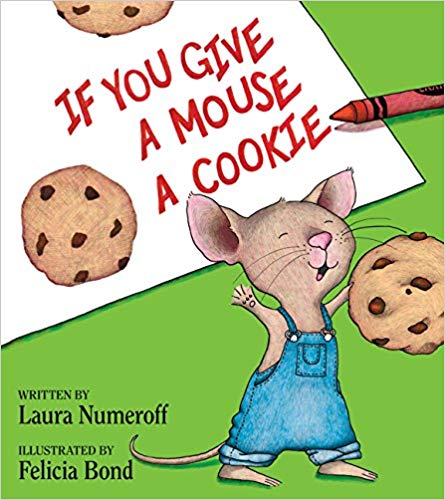
If You Give a Mouse a Cookie is a classic! Written in 1985 by Laura Joffe Numeroff, the author has since written many sequels all with the same type of consequence story – if you do this, this will happen. The book follows along with a little boy and mouse and the string of events that stems from the simple act of giving a mouse a cookie. Again the reader is shown the consequence of decisions that the little boy makes as he is put into the caregiver role.
Children are naturally caring and empathetic, and pretend play is a wonderful way to playact and discover their own autonomy and decision making skills.
The All-Time Best Books for a New Big Sister
It’s finally starting to feel like fall in Florida. And by that, I mean temperatures…
Advent Calendars for the Whole Family
Let’s talk about Advent calendars! Yes, I know it isn’t even Thanksgiving yet. We still…
Books for Aries Children
What’s Your (Literary) Sign? Aries: March 21-April 19 Can the stars determine the personality and…
